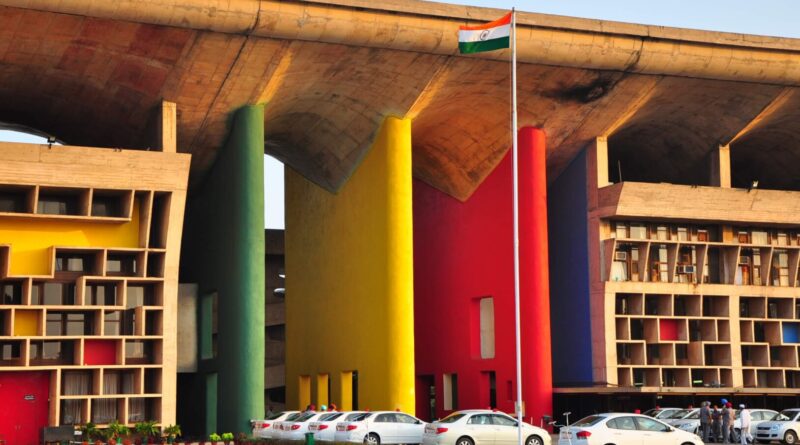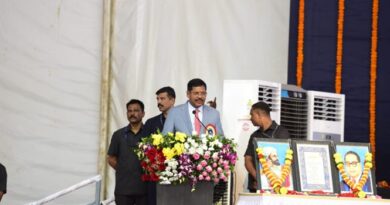Punjab & Haryana High Court Closes Petition by Law Student Over AI-Generated Exam Answer
(Judicial Quest News Network)
In a significant legal development, the Punjab and Haryana High Court has disposed of a petition filed by a law student from Jindal Global Law School (JGLS), who had challenged the university’s decision to fail him based on allegations that his exam answers were largely generated by artificial intelligence (AI). The court’s ruling followed the university’s issuance of a revised transcript, clearing the student of the subject in question.
Justice Gurpreet Singh Puri, who heard the case, made the decision to close the matter after being informed that the university had revised the student’s transcript to reflect a passing grade. The judge, however, declined to address other issues raised in the petition, particularly those concerning the copyright implications of AI-generated content, stating that those questions had become an academic exercise at this point.
The case centered around a law student, Shakkarwar, who is currently pursuing a Master of Laws (LL.M.) degree in Intellectual Property and Technology Laws at JGLS. The student, who has an extensive background in law and AI, including previous work as a researcher with the Chief Justice of India and operating an AI platform, found himself at the center of controversy over his final exam submission. The submission in question was for the course “Law and Justice in the Globalization World,” a core subject of his LL.M. program.
The university’s “Unfair Means Committee” accused Shakkarwar of submitting answers that were 88% AI-generated and subsequently declared him failed in the subject. On June 25, the Controller of Examinations upheld the decision. In response, Shakkarwar filed a petition in the High Court, arguing that the university’s rules did not explicitly prohibit the use of AI-generated content in exam submissions. He also contended that no evidence had been provided to substantiate the university’s claim that the answers were created with the assistance of AI.
In his petition, Shakkarwar argued that the exam answers were original creations and not AI-generated, as the university had alleged. His legal team further claimed that the university had failed to provide any concrete evidence to support the accusation. Shakkarwar’s petition also raised broader issues regarding the copyright status of AI-generated work, asserting that, under Indian copyright law, the creator of the work—human or AI—holds the copyright, and any allegations of plagiarism or copyright infringement would need to be proven.
Senior advocate Romi Chakku, representing Shakkarwar, argued that AI should be viewed merely as a tool, not as an author of the work. He stated that to establish plagiarism, there must first be proof of copyright violation, which the university had failed to demonstrate. The petition also highlighted that under Section 2 of the Copyright Act, the copyright for artistic works generated using AI should belong to the human creator.
Representing Jindal Global University, senior advocate Chetan Mittal, along with advocates Ajay Bhargav and Himanshu Gupta, defended the university’s position, maintaining that the use of AI in exam submissions violated the institution’s academic integrity standards.
In the end, the High Court dismissed the petition, as the student had been granted a revised grade, thus resolving the immediate issue. However, the case highlighted the growing legal and ethical concerns surrounding the use of AI in academic work, as well as the complexities of intellectual property and copyright in the context of AI-generated content.




